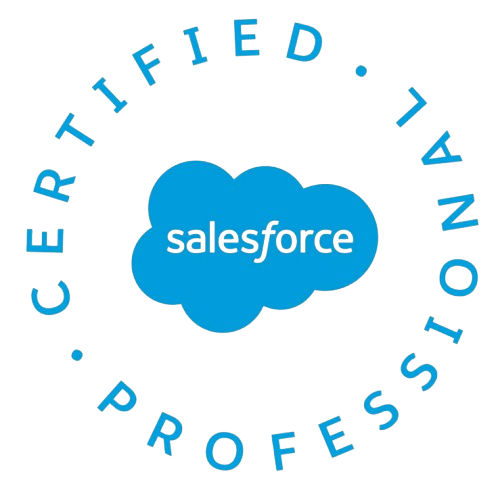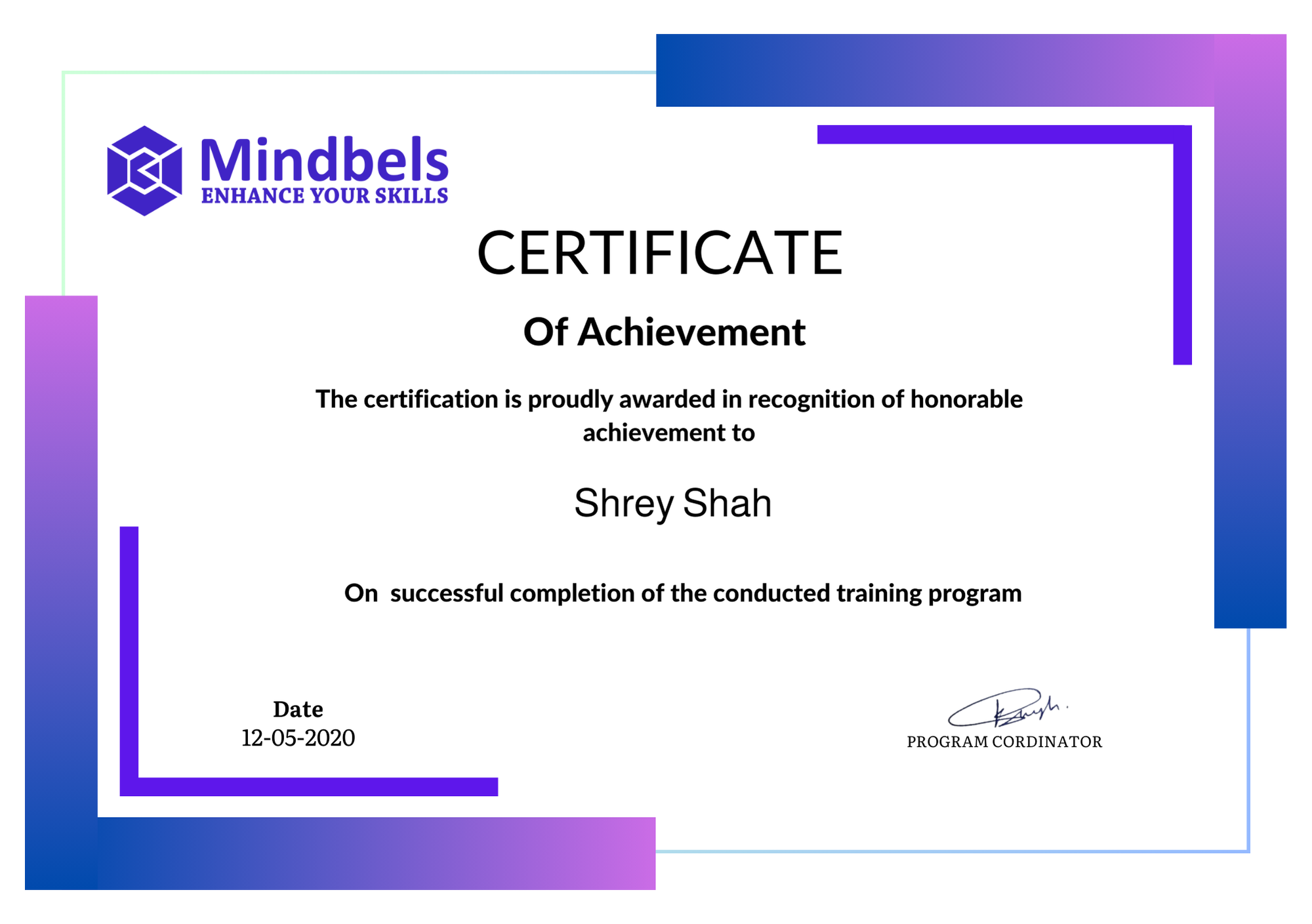Salesforce Administrator Training Overview
This comprehensive training covers the core features of Salesforce, including user and security management, data modeling, workflow automation, and reporting. Delivered through instructor-led sessions, hands-on labs, assignments, and a final capstone project, the course offers real-world experience using a live Salesforce environment. Learners will gain job-ready skills and prepare for the official Salesforce Administrator Certification (ADM 201).
Why Salesforce Administrator?
-
High global demand for certified Salesforce professionals
-
Salesforce is the world’s #1 CRM, used by over 150,000 organizations
-
Strong career advancement opportunities and competitive salaries
-
Prepares you for a globally recognized certification
-
Builds essential business and technical skills across industries
What You Will Learn
-
Salesforce platform architecture and cloud concepts
-
User setup, roles, profiles, and permission sets
-
Object relationships, custom fields, and page layouts
-
Automation tools: Workflow Rules, Process Builder, Flows
-
Report creation, dashboards, and data analytics
-
App customization and deployment best practices
-
Data import, export, and security management
Prerequisites
-
Basic computer literacy
-
Familiarity with business or CRM concepts is helpful but not required
-
No prior Salesforce experience is needed
Course Curriculum
• Introduction to Salesforce architecture
• Managing company profile and fiscal year settings
• Setting up users, roles, and profiles
• Configuring login access policies and security controls
• Setting up organization-wide defaults and IP restrictions
• Understanding standard vs. custom objects
• Creating and customizing fields, page layouts, and record types
• Managing object relationships (lookup and master-detail)
• Building and customizing apps with Lightning App Builder
• Assigning custom apps and navigation settings to users
• Setting up leads, opportunities, and sales stages
• Managing campaigns and marketing tools
• Configuring products, price books, and quotes
• Implementing case management and support queues
• Using service tools like Knowledge and Service Console
• Importing and exporting data using Data Loader and Data Import Wizard
• Managing duplicate records and data validation rules
• Creating and customizing reports and dashboards
• Using report filters, summary fields, and report types
• Scheduling reports and setting up dashboard folders
• Creating workflow rules and tasks
• Implementing Process Builder for advanced automation
• Introduction to Salesforce Flow (Screen Flows, Record-Triggered Flows)
• Designing and deploying approval processes
• Best practices for automation and testing processes



